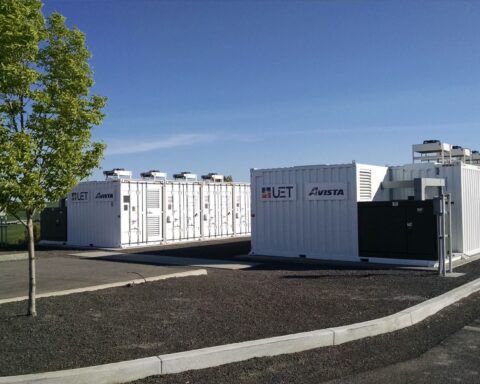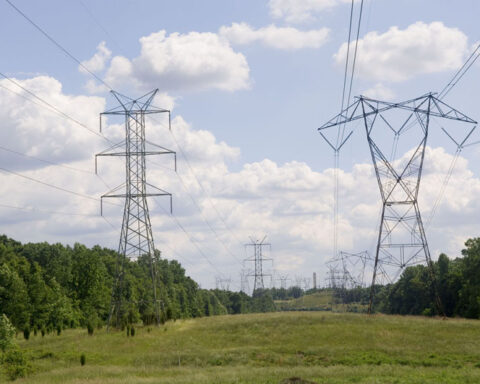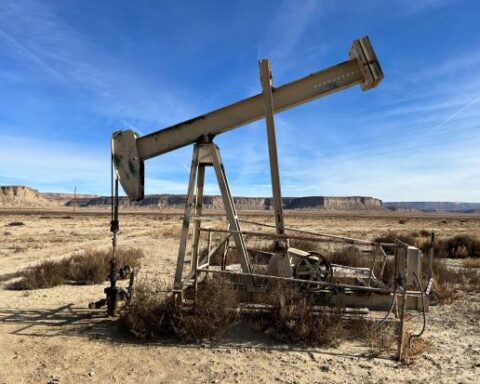The U.S. Fish and Wildlife Service (FWS) has allocated $27.25 million for a series of projects to restore ecosystems and foster climate resilience in eastern North Carolina’s Albemarle-Pamlico Sound.
The funds will support nature-based processes – sustainable practices that use natural features or processes to reduce carbon emissions – to enhance climate adaptation and resilience.
Projects will include peatland restoration, shoreline protection, water-quality improvements and wetland infrastructure upgrades to address the challenges posed by rising seas, floods, droughts and wildfires.
The funds come from the Inflation Reduction Act (IRA) and are part of the Department of the Interior’s commitment to spend over $2 billion to restore the nation’s lands and waters. This includes more than $120 million announced in March 2023 to rebuild and restore parts of the National Wildlife Refuge System and North Carolina State Game Lands affected by adverse weather.
The Albemarle-Pamlico Estuarine System is particularly vulnerable to climate effects, said FWS Southeast Region Director Mike Oetker, who stressed the importance of using nature-based solutions to increase resiliency.
FWS will collaborate closely with state and local officials, partners and communities to implement the projects, which will encompass a range of restoration activities across state-owned game lands and nine national wildlife refuges.
For example, at the Alligator River National Wildlife Refuge in Tyrell and Dare counties, plans include upgrading water-management infrastructure to reduce the effects of saltwater intrusion.
At the Mackay Island National Wildlife Refuge in Currituck County, plans call for building living shorelines to reduce wave action, trap sediment and protect high-priority wildlife sites. The projects will help protect valuable marsh and wetland habitats.
The average number of natural disasters per year in North Carolina has risen from 1.1 in the 1980s to 7.25 in the 2020s. The most frequent type of disaster has been severe storms, with 49 recorded since 1980, followed by 29 tropical cyclones.
In the past half-century, 25 hurricanes, four of which were classified as major, have hit the state, with all but a handful crossing the Albemarle-Pamlico Estuarine System.
Since 1980, the state has also seen 16 major winter storms, 12 occurrences of drought, three freezes and a pair each of wildfires and floods.
“Communities across the country continue to face the devastating impacts of weather events made even more extreme due to climate change,” Interior Secretary Deb Haaland said when introducing the overarching $120 million package in March. “These projects will increase the resiliency of habitats and infrastructure to withstand severe and unanticipated weather events, furthering our work to restore America’s natural infrastructure through nature-based solutions.”

Photo courtesy of the Albemarle-Pamlico National Estuary Partnership

















